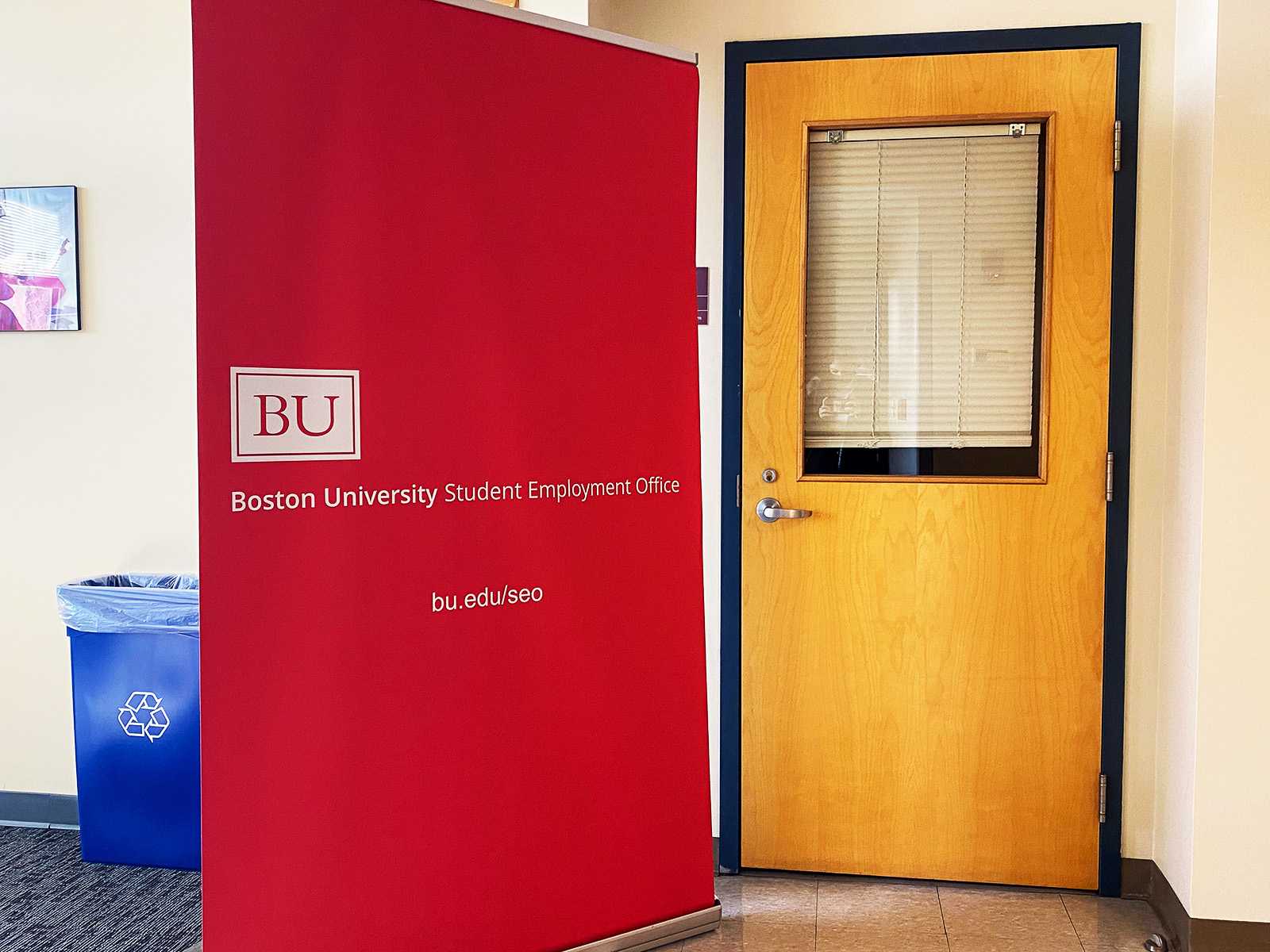Mass. Gov. Deval Patrick and President Juan Manuel Santos Calderon of the Republic of Colombia signed a memorandum of understanding Wednesday that will grant formal collaborations between the two entities in the areas of science, technology and innovation.
“Massachusetts is a leader in the life sciences, clean energy and other innovation economy sectors,” Patrick said in a press release Wednesday. “In order to maintain that edge, we must position ourselves for success in growing markets, like Colombia, to drive job growth and catalyze international investment.”
Santos said Massachusetts has the resources to aid Colombia in the fields of innovation and research.
“I am aware of how important the innovation ecosystem, technology and research are to Massachusetts, and they are also important to Colombia. The state of Massachusetts has a lot to offer to Colombia and Colombia has much to offer to the United States and the state of Massachusetts,” he said in the release.
The memorandum will build upon the free trade agreement that U.S. President Barack Obama signed in 2012, as well as the 10-year $1 billion Life Sciences Initiative enacted in 2008 by Patrick, according to the release.
Bryan Jamele, vice president of government relations and policy at the Massachusetts Life Sciences Center, said the memorandum provides a great opportunity for the Commonwealth to collaborate with an emergent economy.
“[We need to be] making sure that we have that exposure point early on and that we start those discussions with the Colombian government … so that we can identify the policies that we need … to collaborate in a way that’s mutually beneficial for Massachusetts and Colombia,” he said.
Jamele said Massachusetts’ and Colombia’s companies, research facilities and universities could collaborate on projects and share information.
“This happens quite a bit actually, but sometimes you can find that they can actually work together,” he said.
CEO of the Massachusetts Clean Energy Center, Alicia Barton, said there are Colombian organizations whose goals align with those in Massachusetts.
“They’re [Colombian organizations] looking at new forms of alternative and renewable energy and how to employ those in Colombia,” she said. “They’re looking at technology solutions for environmental problems like water quality, and we have a lot of companies in Massachusetts that are focused on solving that very problem.”
CEO of Massachusetts Technology Collaborative, Pamela Goldberg, said the market for innovations stretches beyond the borders of the United States.
“Working collaboratively with our colleagues in Colombia will strengthen the Commonwealth’s position as a global innovation hub,” she said. “There is growth in our innovation economy in all corners of the Commonwealth. There is an abundance of regional collaborative activity happening that will spur even more growth throughout the Commonwealth.”
Barton said the ability to work together to identify and solve mutual problems with Colombia would be a beneficial opportunity provided by the collaboration.
“Having the opportunity for us to work with foreign governments to identify market challenges is going to help our Massachusetts big businesses have an understanding of the market opportunities,” she said.
Taylor Boas, professor of political science at Boston University, said collaboration between the two countries is a step in the right direction, but the memorandum will not be a binding contract for such agreements to continue to take place.
“Encouraging collaboration of any sort is good,” he said. “It’s going to be hard to imagine there’s going to be a huge increase in collaborative research because two governments are encouraging that verbally.”

























































































































